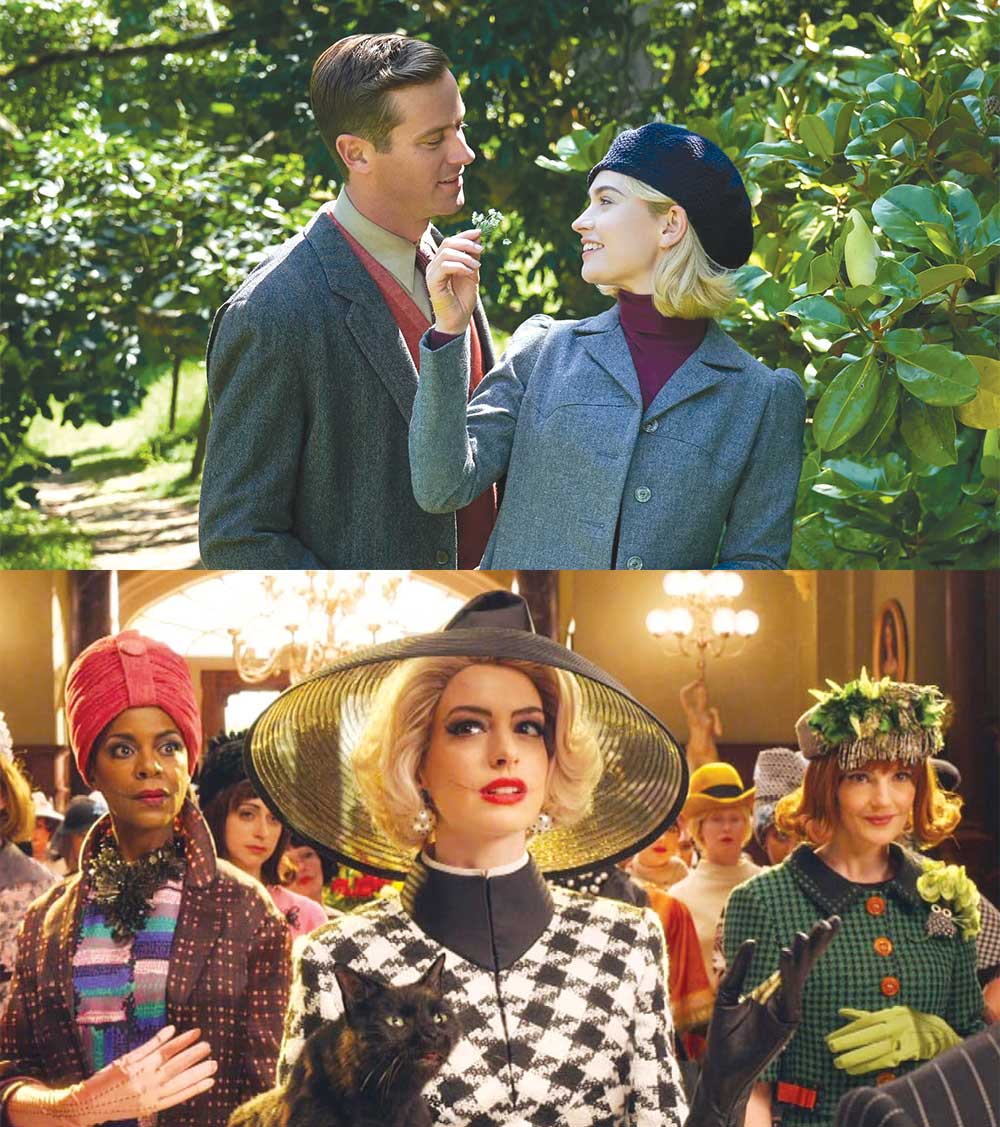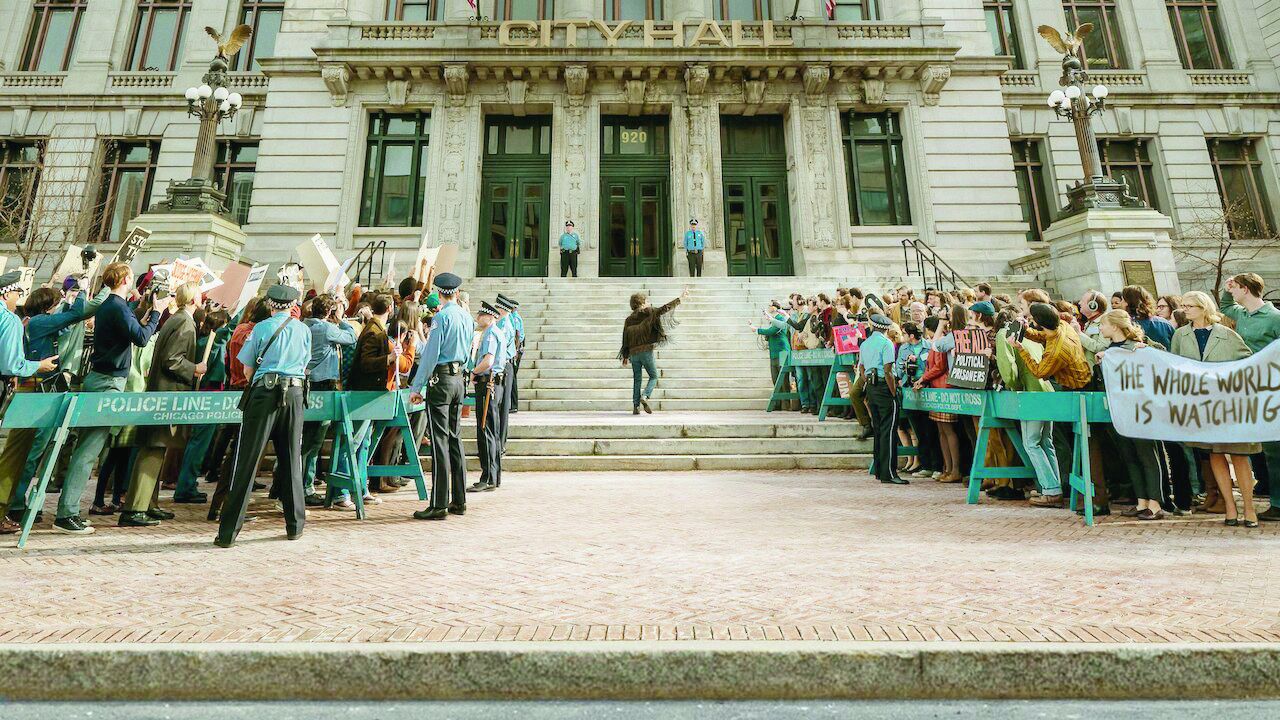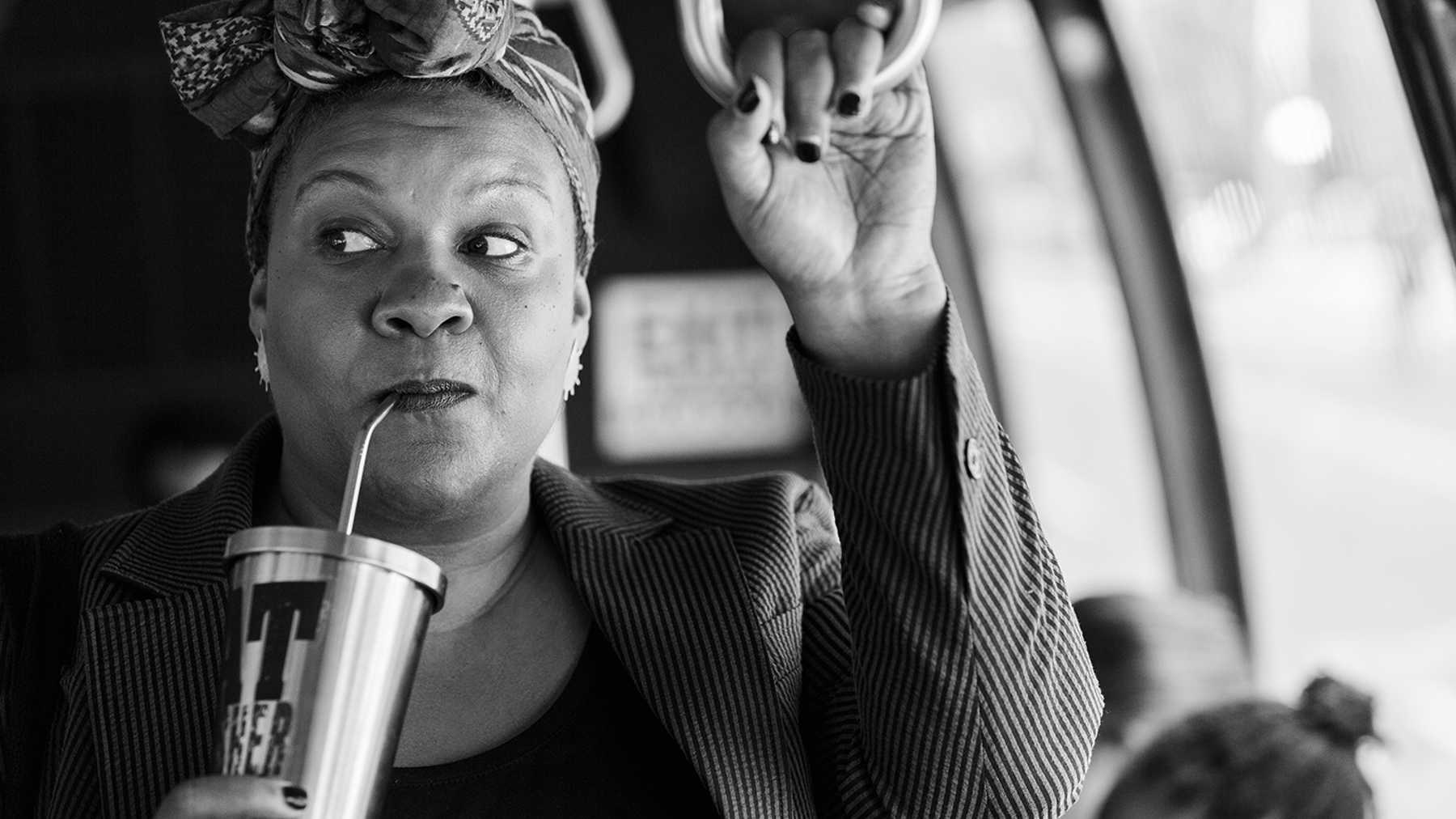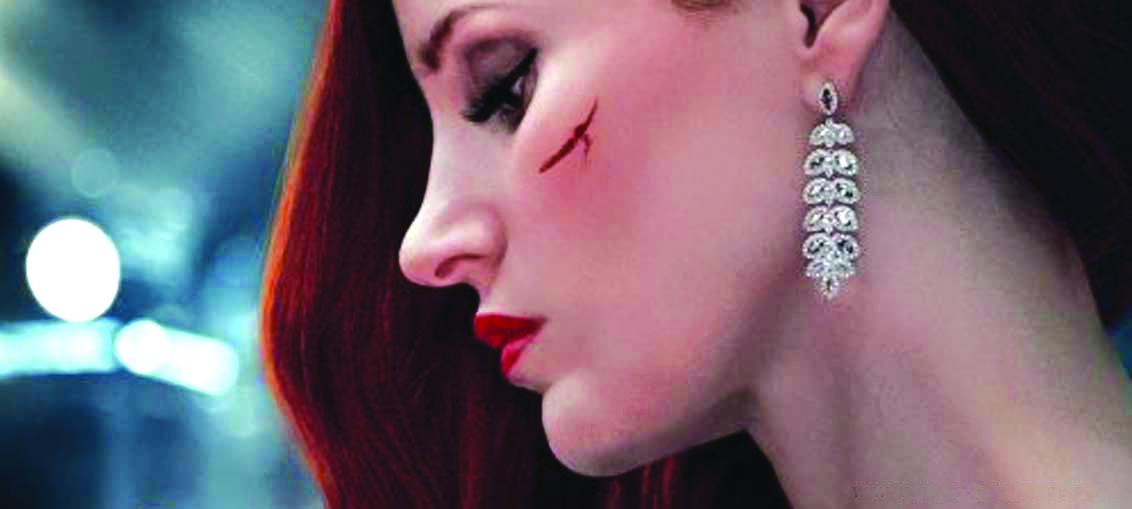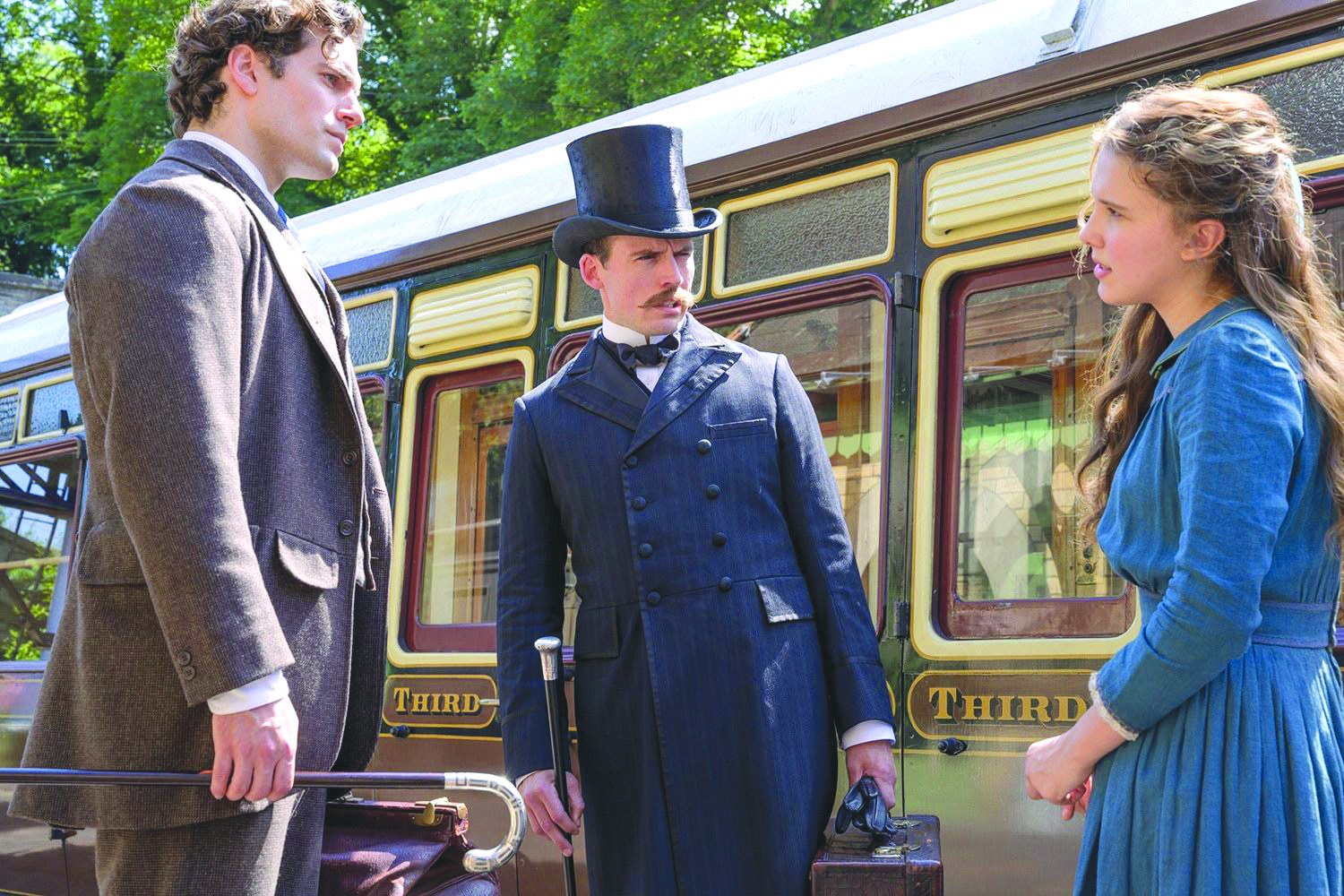On the Rocks (R)
Nothing happens — but nothing with a Sofia Coppola laid-back charm — in the light dramedy On the Rocks, a movie written and directed by Coppola. Dean (Marlon Wayans) comes home from a business trip, climbs into bed and starts kissing Laura (Rashida Jones). It’s a normal husband/wife moment until she says “hi”and he sort of startles awake a little, says something like “oh” and then collapses asleep. What, Laura wonders, did that mean? Did he not know where he was, not know who he was kissing, not want to be kissing her?
It’s the sort of thing that you might laugh about over breakfast unless, like Laura, you’re already in something of a rut — caught in the repetitive tasks of taking care of their kids and apartment and not making any headway on a book she’s trying to write. And Dean has started a new business where he works all the time and has a hot coworker, Fiona (Jessica Henwick). Then the odd little moment becomes a “sign.”
Both the exact right and exact wrong person to talk this over with is Felix (Bill Murray), Laura’s father. He loves her and says the stuff Laura probably needs to be reminded of — that she’s great, that Dean is lucky to have her, etc. But he also has some not-great history in the fidelity-to-Laura’s-mom department (which Laura has clearly not gotten over) and he enthusiastically embraces the “what’s up with Dean” mystery as sort of a father-daughter project. He suggests tailing Dean and spying on Dean in a variety of ways and while Laura doesn’t 100 percent support the idea she doesn’t completely shut it down, either.
Maybe that all sounds like “something” but it is, like the best Seinfeld plots, nothing, really, in the wider scheme of these characters and this story. Even the “is Dean cheating?” central question feels rather low stakes the way the movie presents it.
There are lots of nice little details in this movie: Laura can’t seem to connect with Dean so she defaults to talking about kid stuff, there is never not a series of things on the floor she feels obligated to pick up, she makes extremely well-labeled folders during a rare quiet moment at her desk in lieu of writing (ahh, trivial organization as a form of procrastination — it accomplishes nothing but it feels so good). This isn’t some momentous examination of romantic turmoil or familial relationships. It’s a collection of little, well-realized moments performed (primarily) by two skilled actors: Jones, who is great at being a person caught in a funk but still capable of being a loving and empathetic person, and Murray, who appears to be having fun. “Dad-ness plus martini” is how I would describe his character. He clearly has bigger flaws — Murray gives us a person who can be light and charming and also exasperating and unknowingly hurtful all in the same scene — but the movie isn’t here to do a deep dive into them.
This movie is awash in crisp-looking cocktails and I sort of feel like a piney gin and tonic is what this movie basically is: refreshing, not too serious, classic and with just the right amount of bittersweetness. B
Rated R for some language/sexual references, according to the MPA on filmratings.com. Written and directed by Sofia Coppola, On the Rocks is an hour and 36 minutes long and distributed by A24. It is available on Apple TV+.
Borat Subsequent Moviefilm (R)
Sacha Baron Cohen’s Borat returns to America just in time for, you know, All This in Borat Subsequent Moviefilm, the semi-scripted, candid camera sequel to his 2006 film.
As you may have heard, this movie features Rudy Giuliani, who basically walks himself into this elaborate prank for no good reason. Mike Pence also delivers a brief (unintended) cameo during what is apparently a real scene from the February 2020 CPAC event (the Conservative Political Action Conference). News reports from the event suggest that what happens in the film more or less did occur: Borat (Baron Cohen) dressed in a Trump costume and brought his 15-year-old daughter Tutar (Maria Bakalova, who is really 24 years old according to media reports and who is getting some Oscar talk? What, 2020?) to give as a gift to Pence. Photos on several news sites show a Trump-figure being marched out of the hall by security while Pence speaks — and, in this movie, we even get clips of Pence’s speech, such as when he talks about how great America is doing at keeping the coronavirus at bay, for extra surrealness.
This gag is part of this movie’s necessarily more plot-heavy story than what I remember in the original film; as is displayed, Borat can’t walk around the U.S. without people trying to get selfies and hear him say “my wife.” So we get a framework that involves Kazakhstan’s leader attempting to get into Trump’s circle of strongman besties by giving Pence a present, originally a monkey but when he doesn’t make it to the U.S. alive, the gift becomes Tutar, the teenage daughter that the long-imprisoned Borat recently reconnected with. Despite Borat’s attempts to shoo her away, Tutar follows Borat to America. When Borat fails at giving Tutar to Pence, Borat decides to try to give her to Giuliani. Along the way are a series of “real” scenes — from interviews to less formal interactions — that feature a lot of people smothering smiles and/or horror in reaction to Tutar (whose initial ambition is to have a fancy “wife cage”) and Borat in a variety of disguises.
I kinda want an oral history for the making of this movie, which seemed to start in the pre-Covid world but ends up deep in 2020 with all the expected mess (internet conspiracies, anti-mask rallies and of course, so very much racism). Some of these scenes are painfully cringeworthy — probably a sign that just in general I’m not one for candid-prank-style entertainment. But there is also just a sense that people were more aware of the gag this time around, though to what degree is unclear — oftentimes the look on people’s faces suggests they know something is up even if they don’t know exactly what. (I don’t know if that makes what happens in some scenes better or worse. Are people hamming it up for a camera they know is there? Or showing their true selves? Or, again, is this whole thing just Not For Me at this point in 2020?)
I especially wanted to know more about Borat’s interaction with the woman to whom the movie is dedicated, Judith Dim Evans, who appears in the movie but has since passed away and whose family sued over the appearance (though the lawsuit has been withdrawn and the case dismissed, according to Hollywood news sites Deadline and Variety). Evans meets a deeply offensively costumed Borat in a synagogue and ends up hugging him (she comes across as kindness personified). There is a website about her story — she was a Holocaust survivor and an educator — which was apparently put up by this movie’s producers, according to Vulture.com. Vulture and Deadline report that after filming Baron Cohen broke character (or had crew members break character) to explain the point of the bit (which, though very Borat-ily done, is an effort to combat Holocaust denial and anti-Semitism). Though I get that it’s not the point of what Baron Cohen is doing, I wish we could have seen some of this post-filming interaction. (Johnny Knoxville included some of the “breaking character” moments in the closing credits of his candid camera-ish Bad Grandpa, which made that endeavor feel more comfortable to me, the viewer. I suspect providing that kind of emotional closure is exactly why Baron Cohen doesn’t include these moments — and, as far as I can tell from news reports, doesn’t tend to ever break character.)
There are funny elements here. For me, the funnier parts were the scripted scenes between Borat and Tutar. While I can’t even begin to wrap my brain around any award chatter for Bakalova, she is a solid component of this film — game and giving a genuine performance of her character. I don’t entirely know what to make of this film or that its final message is the dedication to Evans and urging the audience to vote. I feel like Baron Cohen has things, possibly very earnest things, he really wants to say but I’m not sure this mid-aughts character is the clearest or even the funniest way to do it. B-
Rated R for pervasive strong crude and sexual content, graphic nudity and language, according to the MPA on filmratings.com. Directed by Jason Woliner with a screenplay by Sacha Baron Cohen & Anthony Hines & Dan Swimer & Peter Baynham & Erica Rivinoja &Dan Mazer & Jena Friedman & Lee Kern, Borat Subsequent Moviefilm: Delivery of Prodigious Bribe to American Regime for Make Benefit Once Glorious Nation of Kazakhstan (full title) is an hour and 35 minutes long and distributed by Amazon Studios via Amazon Prime.
Featured photo: On The Rocks (R) Borat Subsequent Moviefilm (R)


